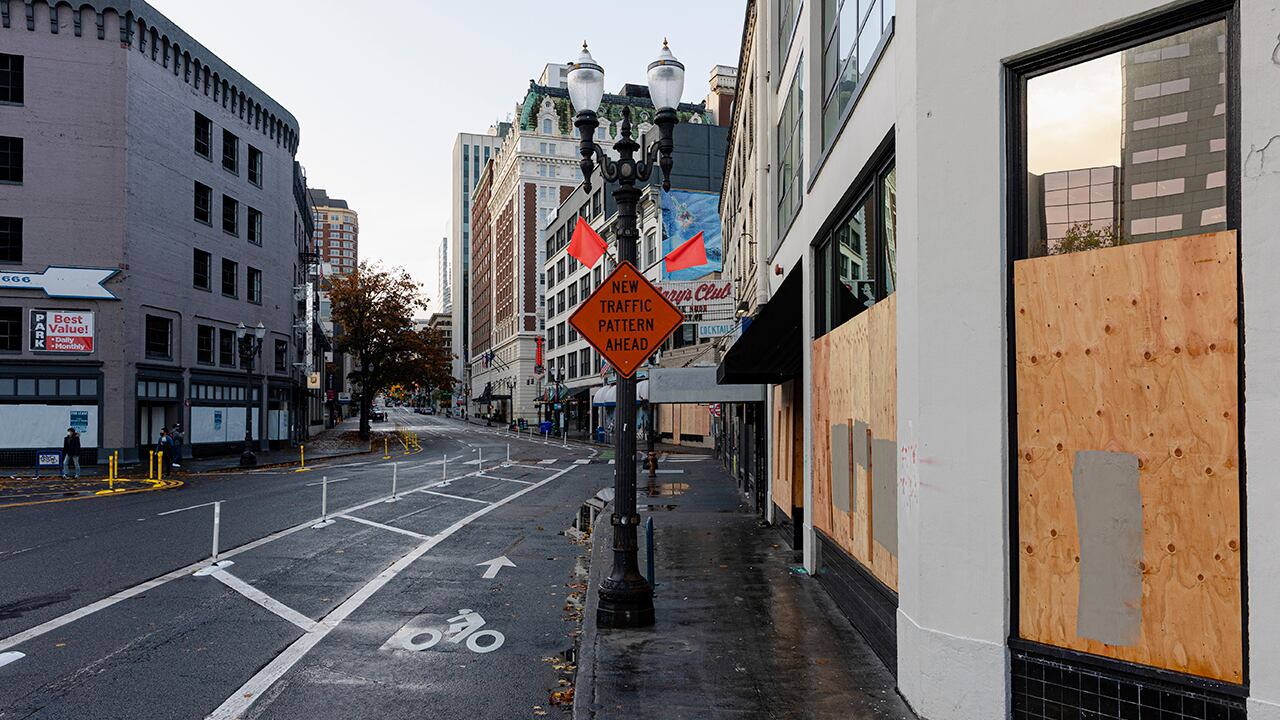Fifty-one people have been killed in Portland traffic so far in 2020.
With two weeks left in the year, 2020 has eclipsed the 50 traffic fatalities in 2019. Last year's figure was the deadliest year on Portland streets since 1996, when there were 59 traffic deaths, according to the Portland Bureau of Transportation. The high number of 2019 deaths prompted hand-wringing at City Hall and a pledge to redouble multimillion-dollar efforts to reduce traffic deaths.
Despite the COVID-19 pandemic cutting car travel by 20% to 30% for much of the spring and summer, 2020 was worse.
The most recent traffic fatalities occurred Saturday, Dec. 12, when both a driver and passenger of a vehicle died after another car T-boned them near the Wilkes neighborhood, according to the Portland Police Bureau. The driver was arrested after initially fleeing the scene.
"One year does not make a trend, and we all know that with the COVID-19 pandemic, 2020 has been a unique year, with a unique impact on travel patterns and our society more broadly," says Dylan Rivera, a spokesman for PBOT. "We are taking a close look at the fatal crashes that occurred on Portland streets this year to see what potential patterns may emerge that might help inform the public about what they need to do to travel safely."
City Commissioner Chloe Eudaly, who oversees PBOT, is disappointed the city hasn't moved forward with a basic step: spending the $15 million the City Council approved in June 2019 for fixed speed radar cameras, which have proven successful at reducing speeds here and around the country.
Eudaly points to a persistent problem, what she terms the "glacial pace" of the city procurement process.
"Despite significant investments from PBOT in traffic safety improvements, without a commitment from other bureaus and the Oregon Department of Transportation, and inadequate enforcement from PPB, traffic fatalities continue to rise," Eudaly tells WW. "Radar cameras are an effective, nonbiased and safe approach to traffic enforcement."
Eudaly is frustrated the city hasn't put the money to work. "The procurement process was set to take eight months and is now seven months overdue," she says.
"I realize the shutdown has impacted all our bureaus and priorities have shifted, but this is an urgent need. 2020 traffic fatalities will meet or exceed last year's death toll. It's heartbreaking to think lives have been lost due to lack of enforcement and an inefficient bureaucracy."
